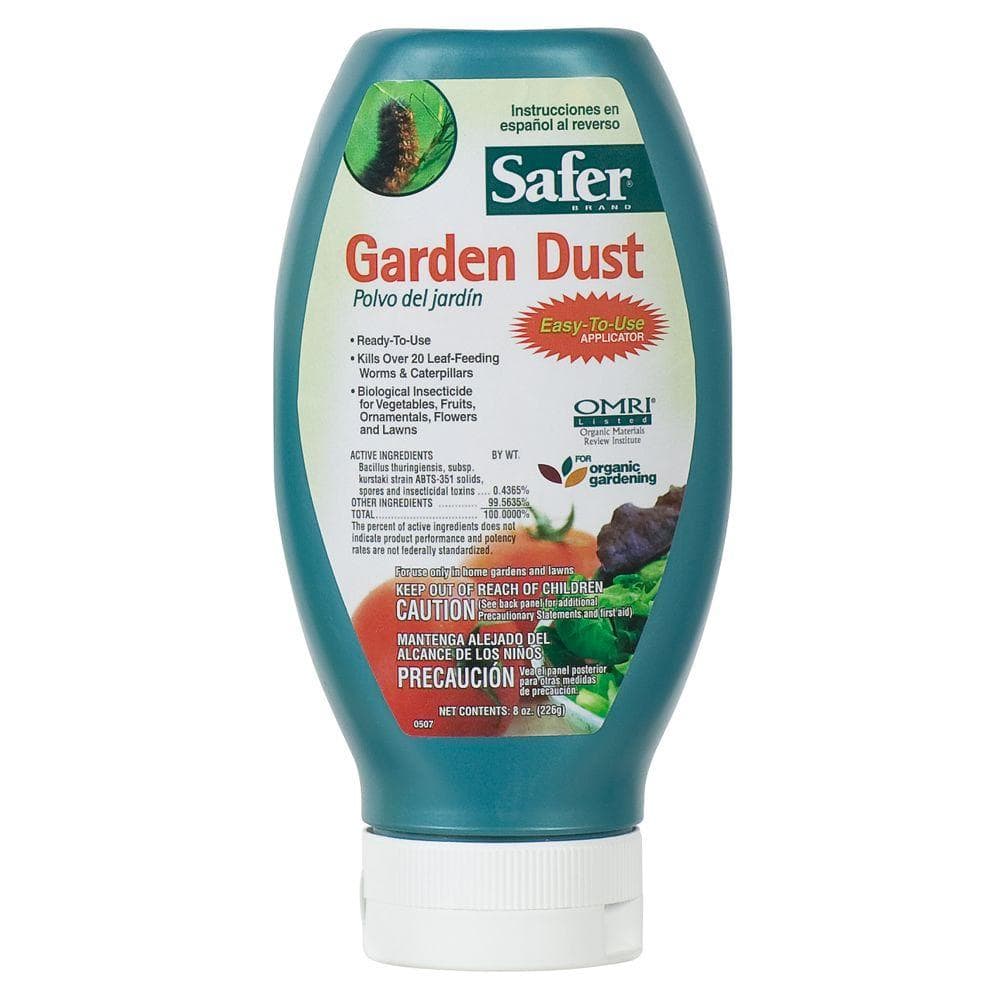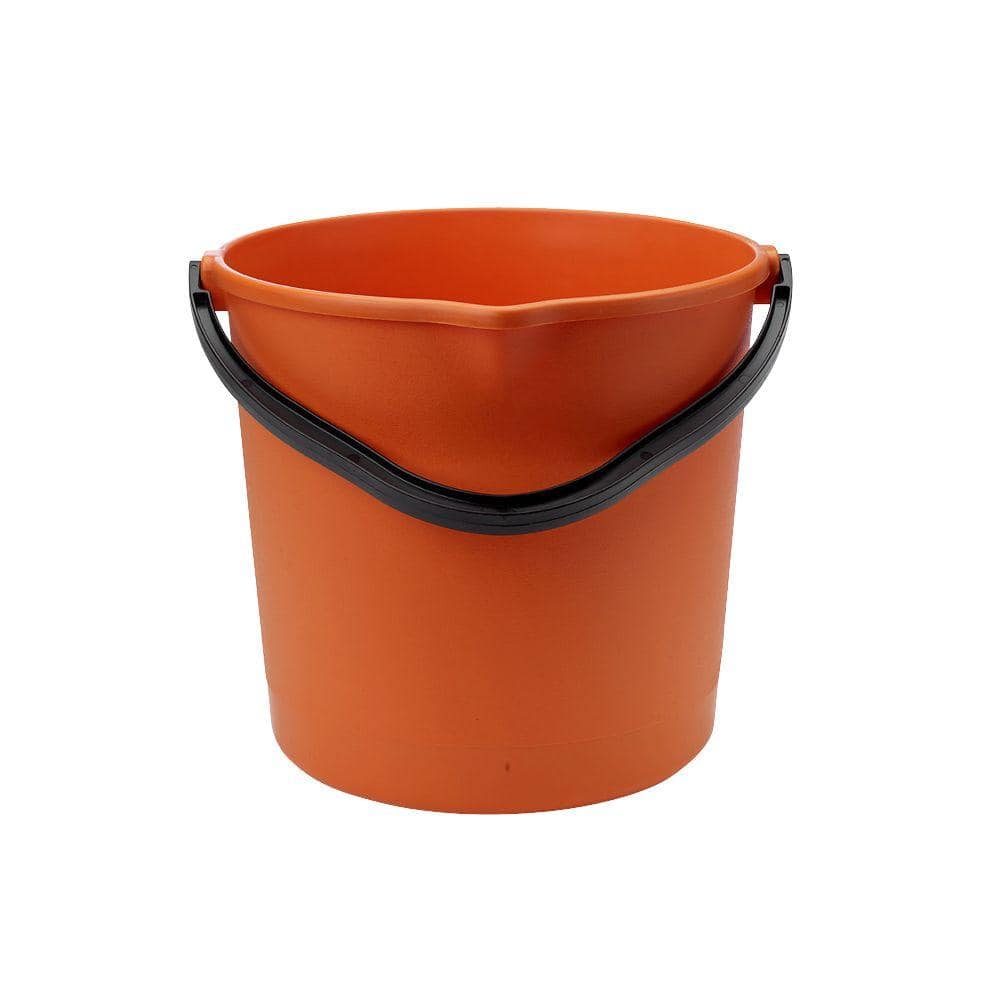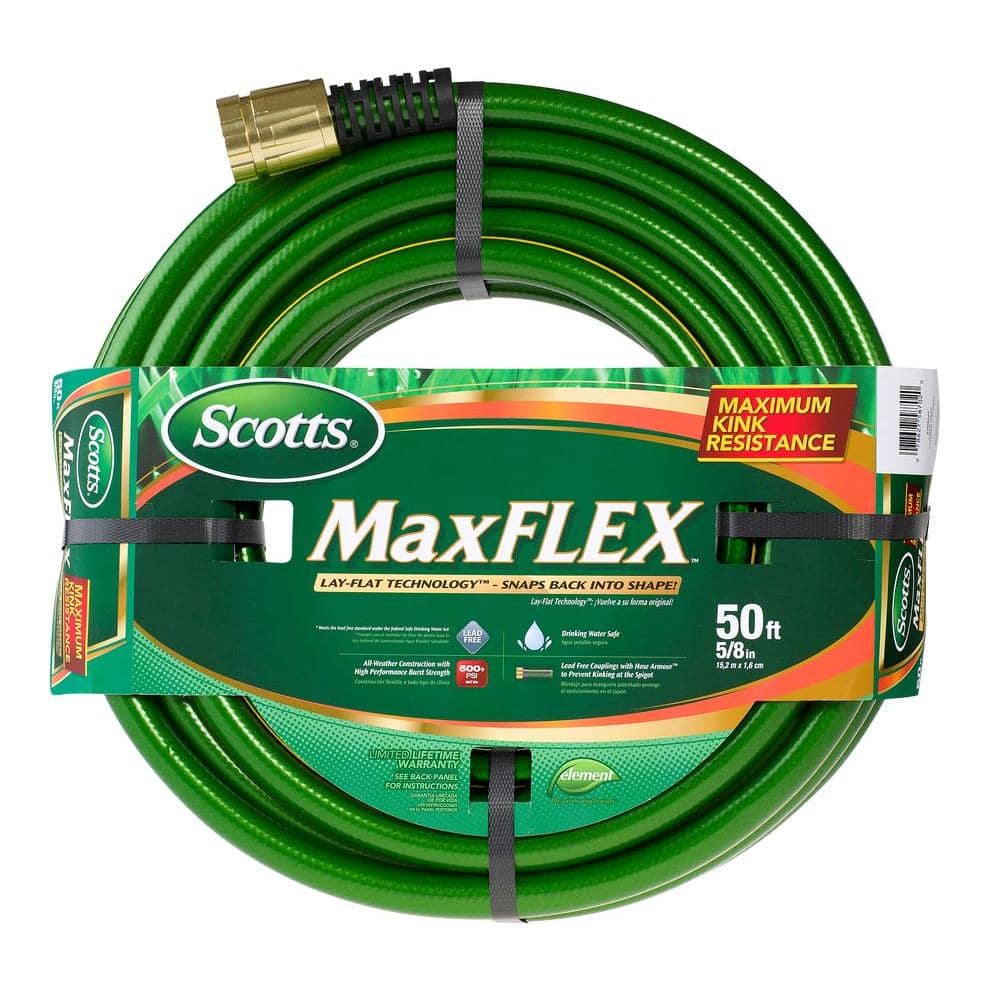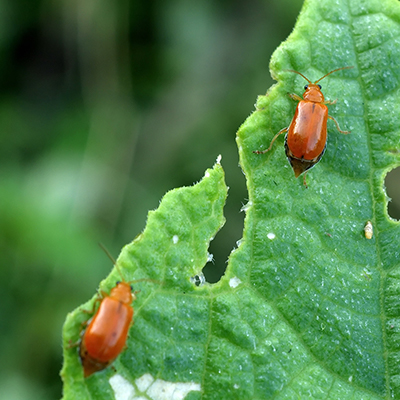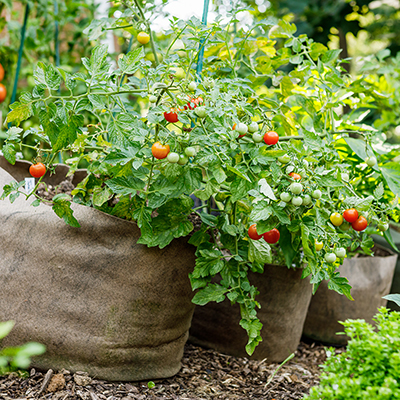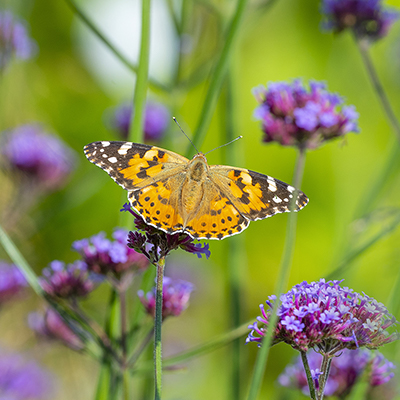Organic Solutions for Vegetable Garden Insect Pests

Published September 11, 2024
Have your plants become snacks for creepy crawlies and other pests? You don't need to immediately reach for harsh chemicals. There are plenty of organic options to protect your vegetable garden.
This guide covers top organic choices for controlling vegetable garden insect pests. We'll help you identify the bad bugs and the good ones. Read more to learn organic solutions for your garden pest problems.
Table of Contents
Difference Between Bad Pests and Good Bugs
Hand-Pick Pests
Use Row Covers and Bird Netting
Discourage a Habitat for Pests
Keep Chickens and Ducks
Practice Crop Rotation
Difference Between Bad Pests and Good Bugs

The first step in controlling vegetable garden insect pests is knowing your beneficial bugs from the bad ones. Not all garden bugs are bad — in fact, most are good, and you want them in your garden. Bugs are a central part of nature's ecosystem. Good bugs include bees, lacewings, ground beetles, soldier beetles and ladybugs. Praying mantis, spiders and damsel bugs are also beneficial. These beneficial insects pollinate our plants for us. They are more effective than we could ever be in keeping pests under control.
On the other hand, destructive bugs include slugs, squash bugs, squash vine borers and aphids. And don't forget about cutworms and cabbage worms. If you see these pests, lean into your organic gardening practices. Below are practices and extra tips to get started controlling insect pests in your garden.
Hand-Pick Pests

Time to get your hands dirty and pick up some bugs. There is a bit of a gross factor, but it is effective. Once you spy cabbage worms, beetles or other pests, pull on your gardening gloves. Slowly pick off the offending pests one by one. Drop the bugs into a Homer bucket of soapy water. Dispose of the pests far away from the garden, so they don't return.
Some large bugs like squash vine borers can be easily removed by hand. You can dislodge others with a hard spray of water from a garden hose. The pests make a tasty treat for animals like chickens.
Use Row Covers and Bird Netting

Birds and bugs like berries just as much as we do. Protect every harvest with netting or row covers. To keep insects from eating veggies, install the row cover right after planting. Secure the edges so that the pests can't creep in. Row covers have the added benefit of extending the harvest through frost. Inspect the netting now and then. This is to ensure there's no small birds or rodents trapped in it.
Discourage a Habitat for Pests

You can deter insect damage by growing a diverse array of plants. Manage the garden organically for the best results. Monitor it for unwanted insects.
More tips:
- Right plant, right place. Know your planting site well. Is it sunny or shady? Dry or wet? Understand your hardiness zone and read plant tags before you buy. Most vegetables need full sun to produce crops. Unhealthy plants are more susceptible to insect and disease damage.
- Attract beneficial insects. Make a home for good bugs by planting native plants and host plants. Learn the names of bugs in the garden. It could be that you have a beneficial insect, not a pest.
- Build a healthy ecology. Nourish your plants with good quality organic soil and amendments. Start a compost pile to build up the soil. Compost helps provide nutrients during the growing season.
- Keep garden beds neat and tidy. Accomplish this by weeding often. The little critters will have less to chew on and fewer places to hide.
- Layer fresh mulch in the garden to protect and shade roots and help reduce evaporation.
- Reduce disease spread by wiping down garden tools with disinfectant after use.
Keep Chickens and Ducks

Chickens and ducks are amazing pest control warriors. They gobble up slugs and Japanese beetles wreaking havoc on your garden. An added benefit? Composted chicken manure is one of the best nutrient boosts you can give garden soil. It adds organic matter to the soil. This improves soil structure, moisture hold, drainage and aeration.
However, both animals can peck at your plants and scratch up the soil. It’s best if you are on hand to guide them when they're on pest control duty.
Practice Crop Rotation

Crop rotation is a systematic practice. It's when you vary what to plant in certain garden areas from one season to the next. This practice aids in soil fertility, and pest and disease resistance. The Colorado potato beetle, for example, likes potato plants, tomatoes and eggplant. So, planting eggplant in the same spot in your garden where you had potatoes is inviting a pest problem. Better to move your tomatoes and eggplant to another garden area for the next season.
When choosing plants, keep in mind that a good offense is the best defense. Plant pollen-rich flowers in your garden to protect your plants from pests and diseases. Insects are lured in by the promise of pollen. When you plant flowers like asters, daisies and sunflowers, they'll generate more pollen and attract beneficial bugs. And remember that native plants feed native pollinators.
When to Use Organic Pesticides

If you have insect pests in your vegetable garden and these practices aren't working, it's okay to need products. There are many organic pesticides that do the trick. There are granular products and sprays. There are baits and sticky “glues." To be sure you are purchasing a product that is verified organic, look for “OMRI” on the label. This tells you it lives up to the strict organic standards of the Organic Materials Review Institution. Two great product options are:
- Neem oil: It smells like garlic and sulfur and has a bitter taste. So it’s no wonder that it repels pesky insects. Spray Neem oil on plants to control insects, mites and fungi. It will not harm beneficial insects like ladybugs and honeybees. It's also safe to use around humans and pets.
- Insecticidal soap: It works against soft-bodied insects like aphids, white flies and mealy bugs. It is safe to use indoors, too. Read and follow the instructions before using it in your garden.
Organic gardeners are in touch with their gardens, and they're good scouts. This means getting in the habit of walking through your garden. Make sure you're examining the leaves and stems as they grow and develop. Check the undersides of leaves. That’s where you’ll see the first signs of damaging bugs and caterpillars. When you inspect your plants, look for insect debris. Keep your eyes peeled for rolled leaves or holes in the foliage. Give these organic practices a try and your garden will be protected in no time.
Looking for a tool to complete your garden? The Home Depot delivers online orders when and where you need them.




